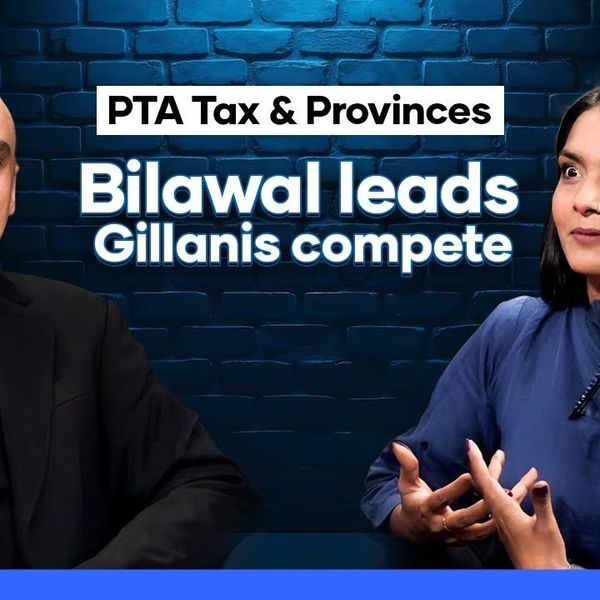Pakistan's inflation likely to be 6.5% in October
Average inflation for the first four months of fiscal year 2024-25 expected to be 8.5%

Javed Mirza
Correspondent
Javed Iqbal Mirza is an experienced journalist with over a decade of expertise in business reporting, news analysis, and investigative journalism. His work spans breaking news, editorial pieces, and in-depth interviews.

A cobbler awaits customers on the roadside in Pakistan
Shutterstock
Inflation in Pakistan has been consistently easing in recent months, and is expected to continue its downward trend in October, in part due to a high base effect. A survey of 10 brokerage house analysts conducted by Nukta indicates that inflation this month will be recorded at 6.5%.
Amreen Soorani, an analyst at JS Global Capital, noted that this sharp disinflation comes despite a 59 basis point sequential increase in headline inflation.
This would bring the average inflation for the first four months of fiscal year 2024-25 (FY25) to 8.5%, down from 28.4% in the same period last fiscal year.
Food inflation, which was above 25% last year, is expected to deflate in October due to the high base.
However, sequential price increases in food (which has a 35% weight in the Consumer Price Index basket) and a rise in house rents are expected to more than offset the decline in energy prices.
The recent drop in global oil prices has further reduced petroleum product prices since the start of October.
Month-on-month increase
Sana Tawfik, an analyst at Arif Habib Limited, mentioned that the transport index is expected to decline by 2.6% in October due to falling petrol and diesel prices. Although inflation will decrease compared to October 2023, it is expected to increase compared to September.
One primary reason for this increase is the removal of a subsidy on electricity tariffs that was in effect in August and September for consumers using up to 500 units in Punjab and Islamabad. Starting in October, these consumers will have to pay higher electricity rates.
This trend of decreasing inflation strengthens the case for Pakistan's central bank to continue the easing cycle in its upcoming announcement on November 4.
The latest IMF staff report revealed that the government has committed to reducing core inflation and re-anchoring inflation expectations. To achieve this, policy rates will remain significantly positive in real terms and will be promptly adjusted based on evolving price data.
It is expected that the easing cycle will continue with a fourth consecutive interest rate cut of 150 basis points in November, bringing the policy rate down to 16%. Secondary market yields are already trading 107 to 558 basis points below the current policy rate of 17.5%, anticipating a sharp cut in the near future.
According to the latest World Economic Outlook released by the IMF, global headline inflation is expected to ease from 6.7% in 2023 to 5.8% in 2024, and further to 4.3% in 2025.










Comments
See what people are discussing